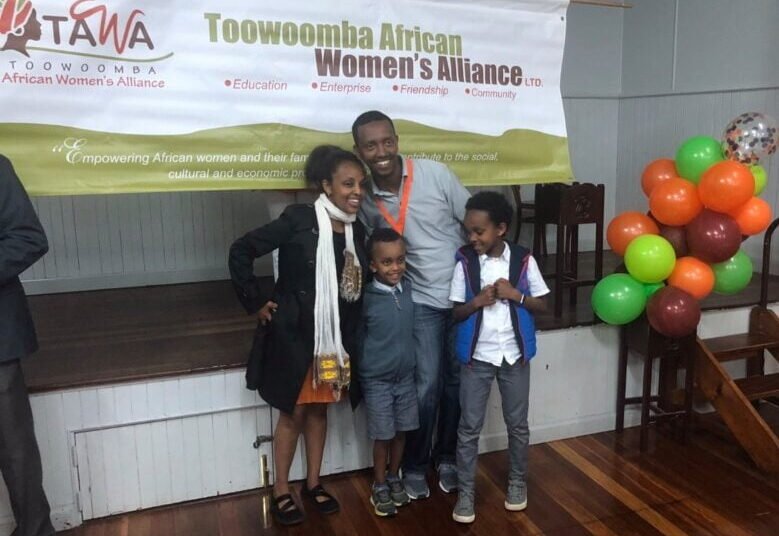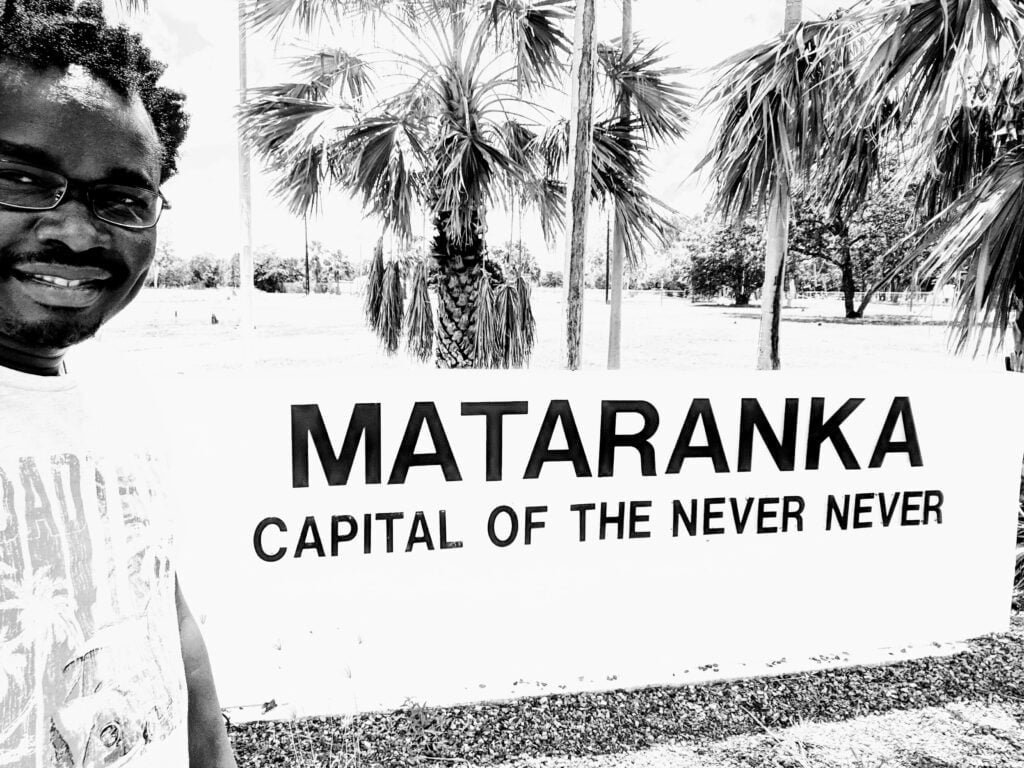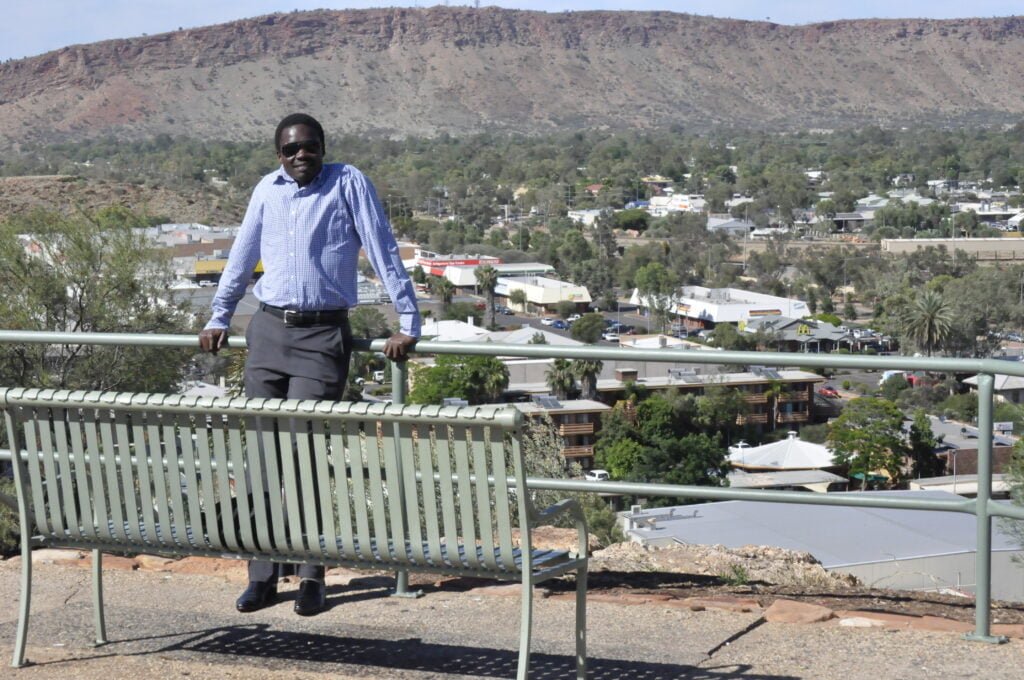Why More Africans are Relocating to Regional Australia
Imagine swapping the bustling life of a major Australian metropolis for a vibrant regional town where friendly smiles greet you on the street. This isn’t just a dream—it’s the new reality for a growing number of African immigrants, including myself, who are choosing regional Australia as their home.
While Sydney and Melbourne remain popular destinations for new migrants, a fascinating trend is emerging—Africans are increasingly opting for regional migration. I see this every day and have spoken to several Africans who moved to Alice Springs. But what’s driving this shift, and what opportunities do regional towns offer African newcomers?
In this article, we’ll examine the reasons behind the rise of African migration to regional Australia, highlighting the potential benefits and challenges to consider. By the end, you’ll be equipped to weigh the pros and cons and decide if regional Australia could be the perfect launchpad for your Australian dream.
1. Employment

Regional Australia faces skilled labour shortages across various sectors, from healthcare and engineering to agriculture and education. Initiatives like the Skilled Occupation List prioritise occupations in high demand, potentially easing visa pathways for skilled African professionals. Additionally, entrepreneurial opportunities often flourish in regional areas, with lower startup costs and government support programs like the Regional Startup Fund fostering innovation.
But that is not all. Africans find it incredibly hard to obtain employment in big cities such as Melbourne, Sydney and Brisbane. Although most are highly qualified and experienced, bringing international work experience from the US, UK, Canada, South Africa, Kenya, Egypt, Uganda and other African countries, they are expected to have “local experience”. That means that, irrespective of their abilities, they must begin from the bottom until a “local” person, usually a younger manager, is confident of their conduct and can vouch for them.
Top on the most endangered list of African migrants are the Sudanese, a few years ago labelled “African Gangs“, with devastating consequences. Tall, dark-skinned and highly visible, they have been a target, which has damaged their brand and employability.
The Somalis, on the other hand, complain of discrimination based on their Muslim names. In a training session with a major bank in Melbourne in 2012, a young Somali man who was born and raised in Australia, with perfect Aussie accent, said he could not get job interviews until he changed his name on the resume.
Much as some people would like to deny, discrimination against Africans is rampant; however, the calculus changes in regional cities as there is a big shortage of manpower and employers are constantly trying to find new employees. It is probably logical that Africans are migrating to regional Australia to take up such jobs.
2. The cost of living
First, big city living can come with a hefty price tag. The cost of transport, food, child care and rent are high. In contrast to regional Australia, the cost of living is significantly lower, making it easier to stretch your income further. Housing affordability is a major draw, with median house prices in regional centres like Toowoomba, Ballarat, and Wagga Wagga being a fraction of those in Sydney or Melbourne.
Furthermore, government incentives like regional migration grants can provide additional financial support for those choosing to relocate.
However, house prices in some regional cities, such as Alice Springs, are as high as those in Melbourne, and rent for a single-bedroom unit ranges between 350 and 400 per week.
Additionally, food and transportation costs are also high. For instance, a return flight from Alice Springs to Melbourne or Sydney with Qantas could cost around $900, a cost that people who live in big cities do not incur if they want to fly home to Africa.
For example, a recent one-way Virgin Australia flight from Melbourne to Alice Springs via Brisbane, after Fly Bonza collapsed, cost me approximately $470, which was the cheapest flight available! So evaluate carefully before you decide to relocate.
3. Community and Belonging

This is big! Regional towns often boast a strong sense of community, with residents known for their warm hospitality. Many regional areas have established African communities, offering a sense of belonging and cultural connection that big cities lack. Toowoomba has been praised as a success story.
Additionally, the slower pace of life in regional Australia can be a welcome change, with access to safe neighbourhoods, excellent schools, and a variety of amenities for families. Africans love living together to speak their language, share food and culture, and raise families.
Some people think it is a bottleneck to integration within the Australian community. However, there’s nothing wrong with that – the Italians, Greeks, and Vietnamese all do it. Fifty or so years after they arrived in Australia, most still live together, eat their food, and speak their language, although they have integrated well into the Australian community.
I see a lot of Vietnamese and Africans in Footscray, Italians and Greeks in Brunswick and Brunswick West, including Sydney Road, and Lebanese and Turks around Coburg North. The Chinese even have a big area of Melbourne called Chinatown. Humans will always congregate next to their own.
Marcus Garvey once said: “A people without the knowledge of their history, origin and culture is like a tree without roots”.
Africans cannot afford to lose their heritage and identity in the name of integration. Moving to regional towns may help most families maintain their culture and identity.
4. Regional Spotlight
Where, then, are Africans heading to?
- Alice Springs, Northern Territory: Although this Central Australian city has received bad rap from the press for political reasons, Alice Springs is the number one destination for most Africans from Melbourne, in my view. There is a large population of Sudanese, Zimbabweans, and other Africans, most of whom are employed by Local Councils and Aboriginal Corporations in middle to senior managerial positions, earning income of more than $80,000 per annum. Many Africans also work in the security sector as guards, supermarkets (mainly Coles and Woolies), taxis, and the community sector (mainly disability and aged care). Personally, I first visited Alice Springs in 2012 to interview with a big non-governmental organisation as project manager and returned in 2018 to work with a Local Council to get away from the mess in Melbourne. I’ve never regretted my move!

- Toowoomba, Queensland: This vibrant city in Queensland’s Darling Downs region offers a thriving job market, affordable housing, and a growing African community. Toowoomba is where I completed my Master’s degree back in 2012. It is a beautiful, laid-back community with many Africans who have settled in well.
- Ballarat, Victoria: Steeped in history and brimming with cultural events, Ballarat provides diverse employment opportunities and a supportive environment for newcomers. About 10 years ago, housing in Ballarat was comparatively cheap, costing between A$150K to $250K within the range most African migrants could afford.
- Wagga Wagga, New South Wales: Situated in the heart of New South Wales’ Riverina region, Wagga Wagga boasts a strong agricultural sector, a multicultural population, and a welcoming atmosphere. Many Africans can work in farms, the community sector, the health sector (as nurses and doctors), and mechanical and civil engineering (welders, mechanics, etc.).
Conclusion
Regional towns present a compelling alternative for Africans seeking a rewarding life in Australia. Consider the employment opportunities, affordability, the sense of community and your mental health.
Start thinking about relocating.
5 Mistakes African MEN Make When Moving Overseas | Bro, Learn From Pros
